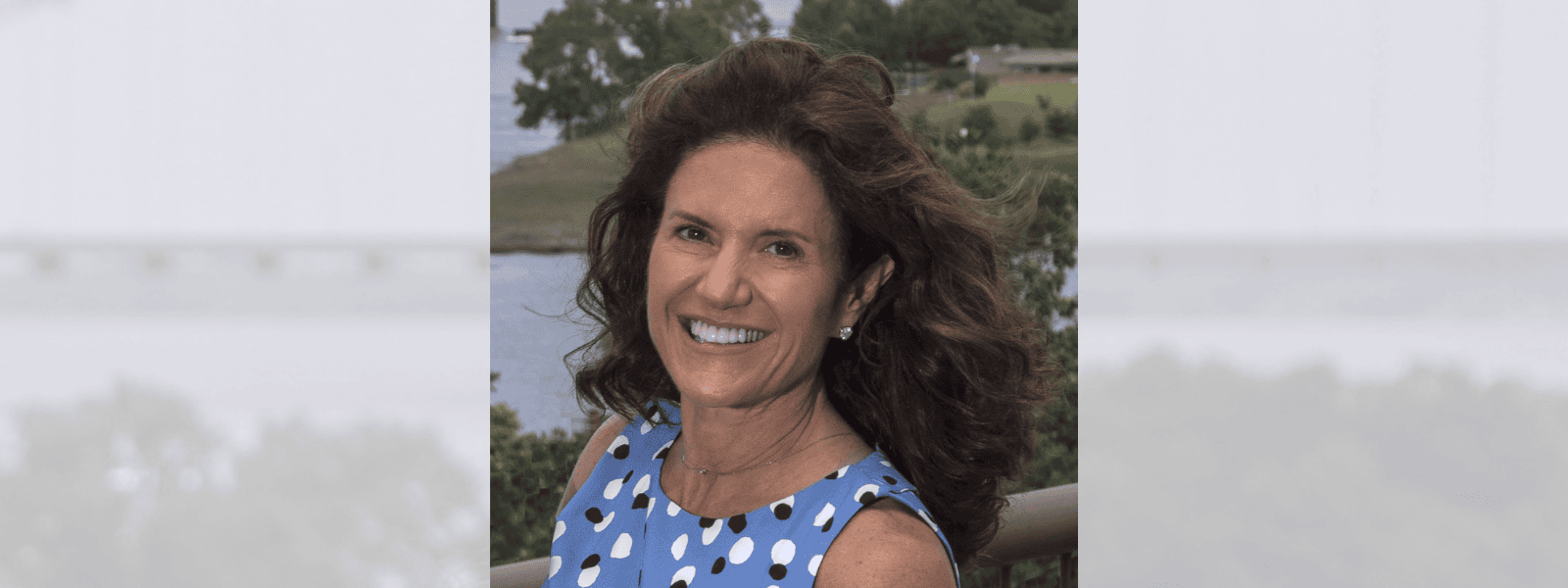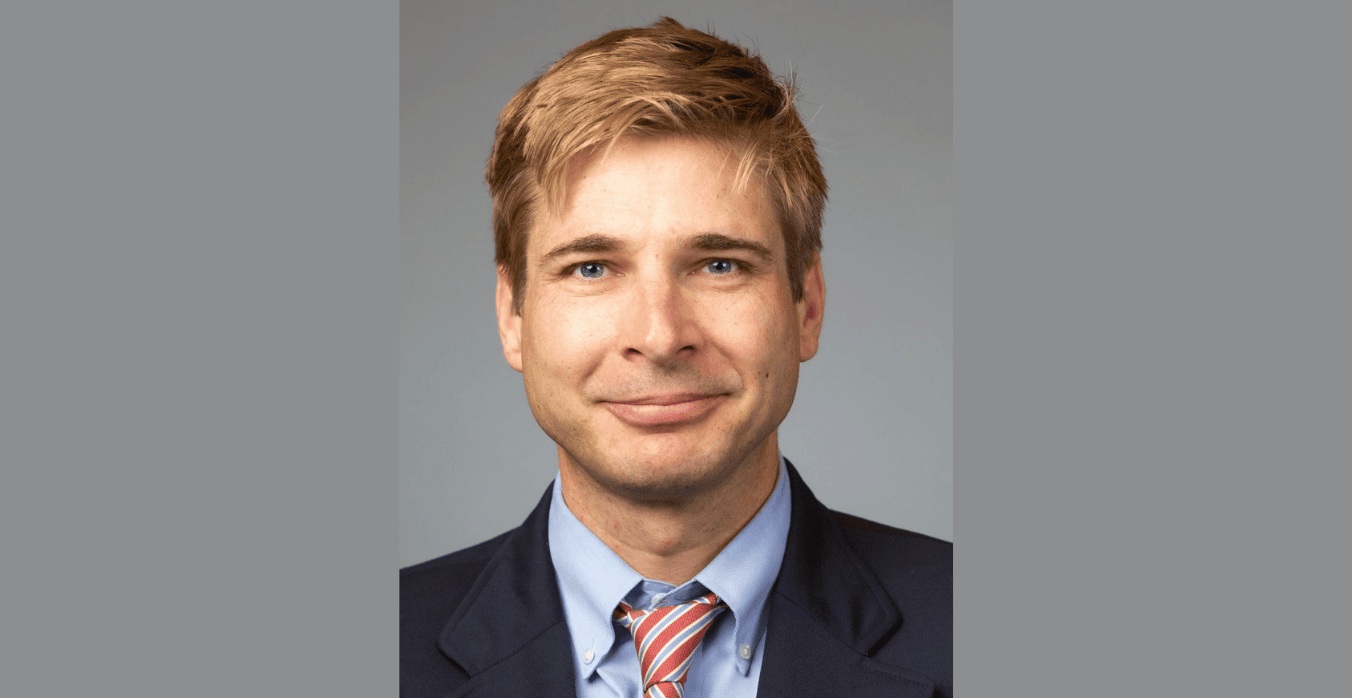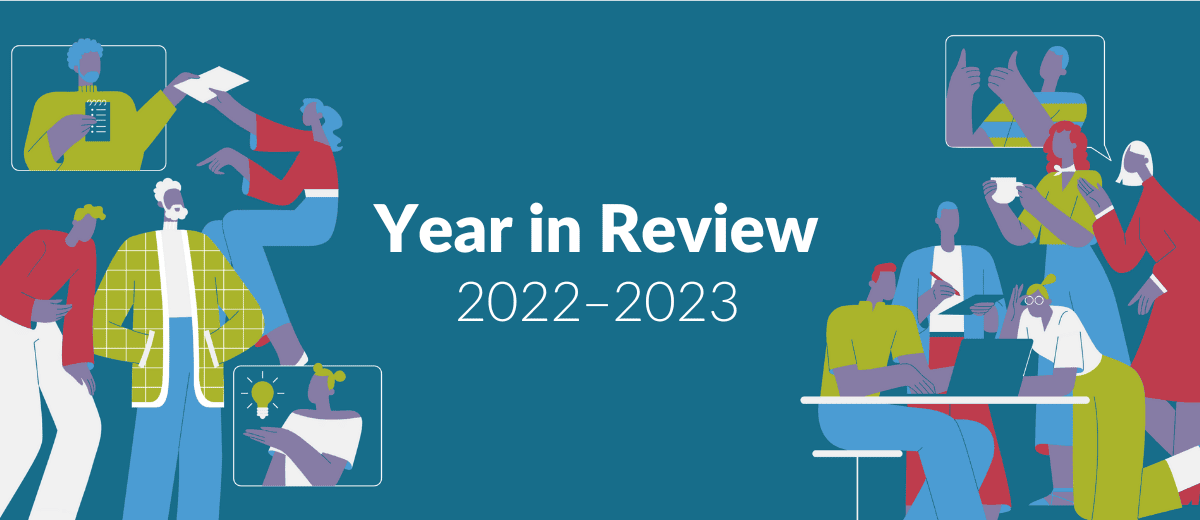
Eddie Neri ’21 is a biomedical engineering major at Carolina. His Morehead-Cain Mentor is Karine Dubé ’03.
Hello! I’m a biomedical engineering major at the University of North Carolina at Chapel Hill, and my Morehead-Cain Mentor is Karine Dubé ’03 of the UNC Gillings School of Global Public Health.
I’m originally from Mexico, and I’ve always loved to design and build things. However, while developing prosthetics through the Helping Hand Project (affiliated with N.C. State University), I discovered my true passion is helping and interacting with others.
With Karine’s support and guidance, I’ve been able to pursue my interests by applying to medical school (and I’m happy to share that I’ve been accepted to three schools so far!). Her mentoring has been priceless in overcoming the challenges and responsibilities of my biomedical engineering education, extracurriculars, and the application process.
Here are a few questions I asked Karine recently during one of our mentoring sessions. I’d encourage all rising juniors and seniors to get matched with a Morehead-Cain Mentor! – Eddie Neri ’21
(Eddie)
Karine, as a researcher at Gillings, you’re always tackling a lot of projects at once. When and how did you develop your current organizational methods that make you such an effective researcher and professor?
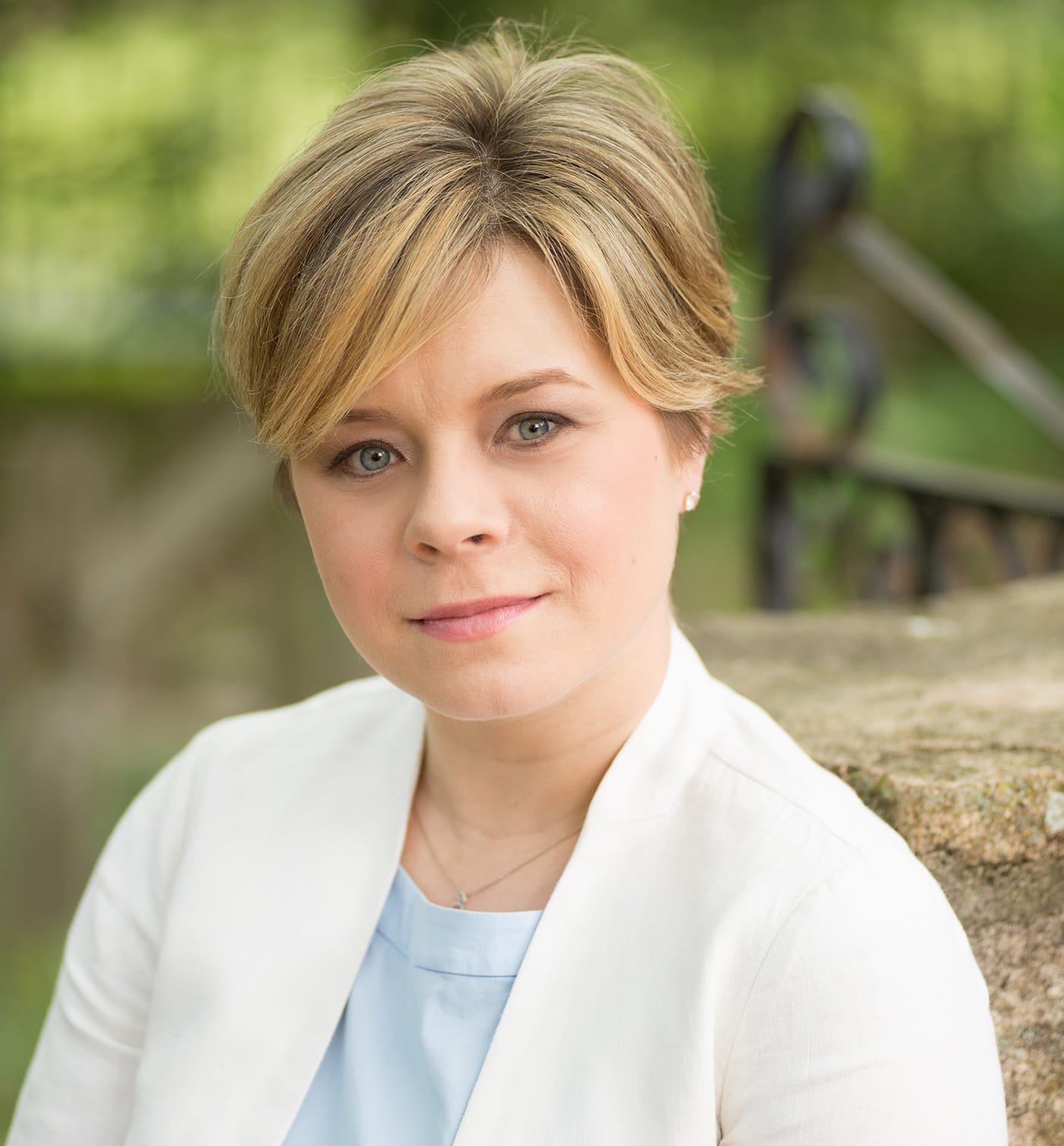
Dr. Karine Dubé ’03
(Karine)
Time management is a skill I’ve learned to develop over time. I try to organize my week so that I can focus on teaching responsibilities early on, and then reserve days for research later in the week.
I also try to organize my calendar differentiating between proactive versus reactive tasks.
If I have a big project to tackle, I break it down into small, manageable parts and then set interim goals and milestones. This also helps in managing stress.
(Eddie)
Part of your work focuses on community, patient, and stakeholder engagement during clinical trials. As we see states ramp up COVID-19 vaccine distribution, what sort of guardrails should socio-behavioral researchers have in place to ensure that their interactions with the communities they study are ethical? We’re also already seeing racial disparitiesin terms of who receives a COVID-19 vaccine and who is getting pushed to the back of the line. Do you have any thoughts on how state and local governments can course-correct? And to what extent do you think factors such as misinformation and cultural differences within minority populations affect willingness to get vaccinated?
(Karine)
Eddie, these are excellent observations and questions. When doing any research, it’s incredibly important to maintain good communication with the public.
There’s been a lot of confusion around availability of COVID-19 vaccines. You rightly pointed out that there are important disparities by race and ethnicity in COVID-19 vaccinations across all states. These only compound the disparities we’ve witnessed with COVID-19 infections and healthcare access.
We need to advocate for systemic-level changes to ensure all have equal access to the same opportunities and resources to prevent or treat COVID-19.
We also need to raise awareness around the importance of getting vaccinated to reduce the risk of severe health outcomes. Even with COVID-19 vaccines, we will need to continue to follow public health guidelines.
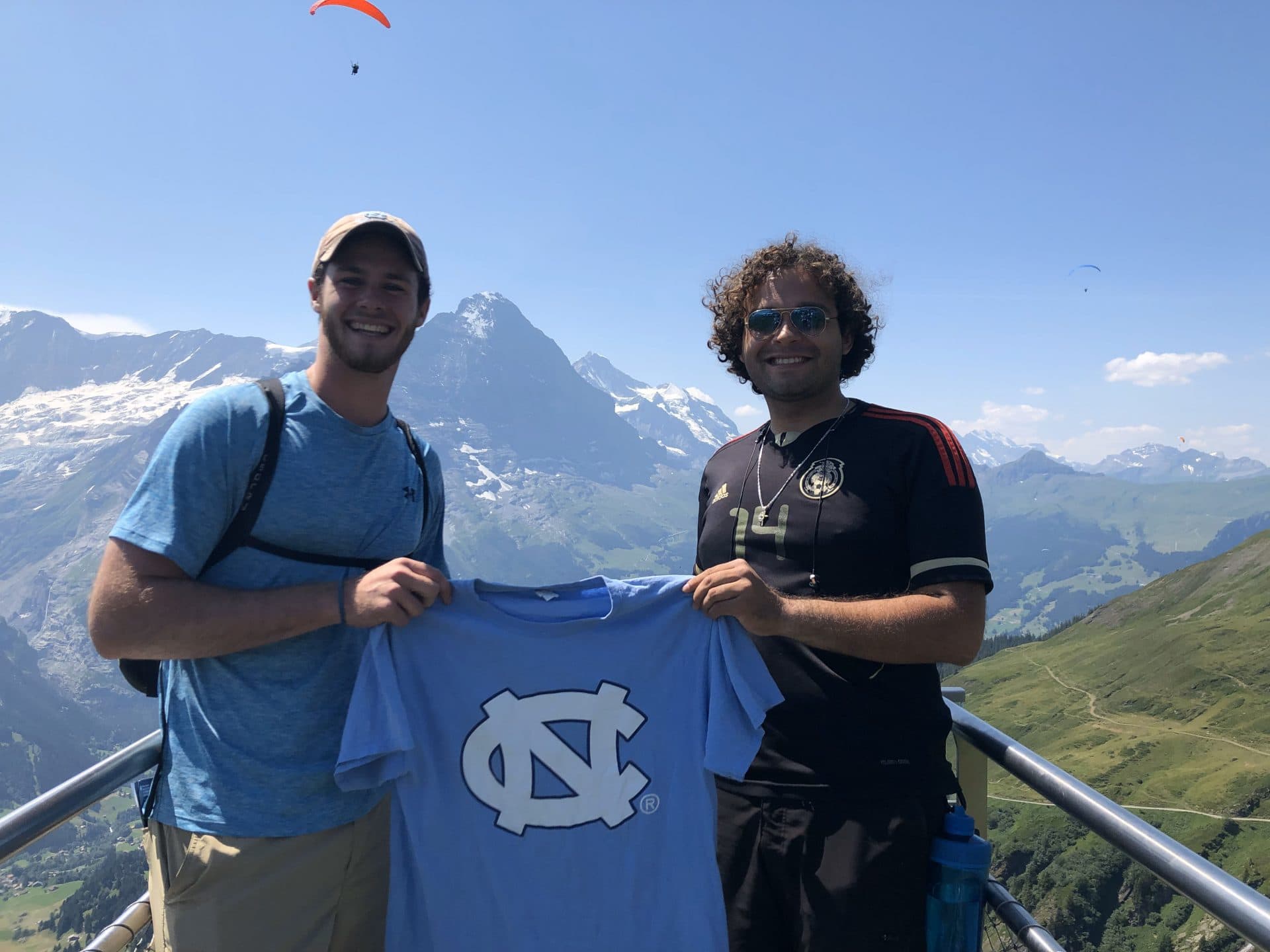
Drew McRacken ’21 (left) with Eddie hiking in the alps of Interlaken (central Switzerland) during a Global Perspective. Eddie studied rehabilitation and orthotics methodologies throughout the European Union.
(Eddie)
I’d also like to ask about your career. How did you discover your passion for global health and infectious diseases research? And how did your Morehead-Cain experiences help shape this passion, clarify your career goals, or set you up for success?
(Karine)
The Morehead-Cain Program allowed me to explore my passions in global health from the start.
For example, I was able to volunteer in Tanzania with Operation Crossroads Africa, a nonprofit that sponsors cross-cultural exchanges and small-scale service projects in Africa. I also interned with the U.S. Fund for UNICEF in New York City. I spent my last summer in Geneva, Switzerland, the home of the World Health Organization.
I continued to follow my passion for global health and infectious diseases research in my graduate program, where I earned a Master of Philosophy (MPhil) at the University of Oxford as a Rhodes Scholar. I eventually returned to UNC-Chapel Hill to pursue a Doctor of Public Health (DrPH) after several years working in the field.
So, I’d say my passion has solidified over time. I’m now an independent researcher, which can be a bit scary at times, but it’s also liberating. It doesn’t really feel like “work” since I’m passionate about my research and I learn something new every day.
(Eddie)
Do you have any advice for a student who’s aspiring to be a successful researcher, professor, and public health advocate like you one day?
(Karine)
Take it one day at the time. Follow your bliss and your passions. Manage cycles of renewal and self-sacrifice. Do not be afraid to invent yourself and take chances, or to fail or pivot when needed. Be willing to learn, and stay optimistic.
(Eddie)
Finally, what do you do to de-stress, both in “regular” times and right now, during the pandemic?
(Karine)
I love to travel internationally, although I haven’t stepped foot outside of North Carolina since the start of the COVID-19 pandemic in February 2020. I try to go for long walks. I find that I get most of my innovative ideas when my mind is not in front of a computer. It’s important to allow your mind to wander sometimes. Spending time outdoors has helped me maintain a sense of normalcy during the pandemic.
(Eddie)
Thanks so much, Karine!
More about Karine
Dr. Karine Dubé ’03 is an assistant professor in the Public Health Leadership Program through the UNC Gillings School of Global Public Health. Her research focuses on integrating socio-behavioral research and empirical ethics in HIV cure-related trials in the United States. The alumna also has more than 15 years of experience in infectious disease-related work, including on Ebola and HIV prevention.
Connect with a mentor
The Morehead-Cain Mentoring Program is designed to leverage the power of the Morehead-Cain network by cultivating connections between scholars and alumni, and providing structure and support to these relationships so they can develop based on shared values and interests. All rising juniors and seniors are eligible to participate.
